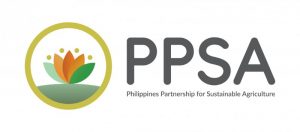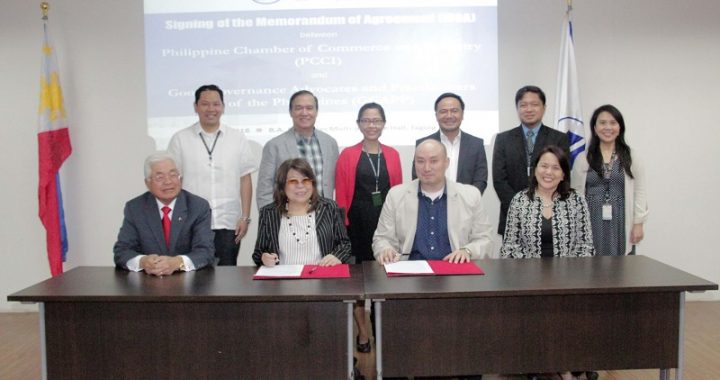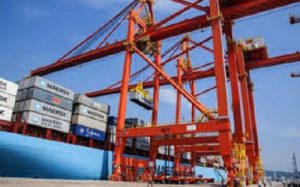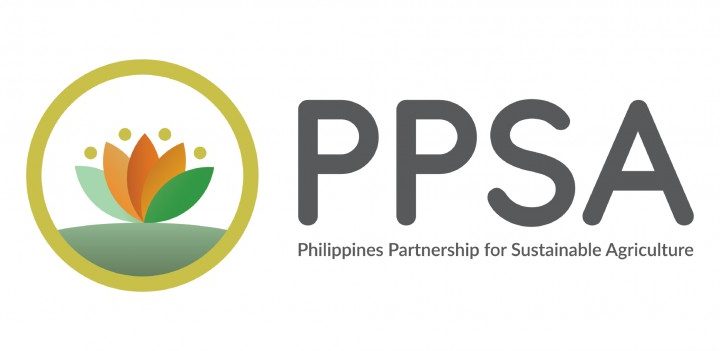 Almost 200 stakeholders from the agriculture sector composed of agribusiness entrepreneurs, government workers and business employers across the region participated in the two-day forum on Sustainable Agriculture held last July 24-25, 2019 at the Marriott Grand Ballroom, Pasay City. The event was organized by the European Chamber of Commerce (ECCP), in partnership with the European Union (EU), International Labour Organization (ILO), Organization for Economic Cooperation and Development (OECD), the Employers Confederation of the Philippines (ECOP) and the Philippine Chamber of Commerce and Industry ([PCCI).
Almost 200 stakeholders from the agriculture sector composed of agribusiness entrepreneurs, government workers and business employers across the region participated in the two-day forum on Sustainable Agriculture held last July 24-25, 2019 at the Marriott Grand Ballroom, Pasay City. The event was organized by the European Chamber of Commerce (ECCP), in partnership with the European Union (EU), International Labour Organization (ILO), Organization for Economic Cooperation and Development (OECD), the Employers Confederation of the Philippines (ECOP) and the Philippine Chamber of Commerce and Industry ([PCCI).
With the theme “Towards a Sustainable and Responsible Agricultural Supply Chain”, the forum discussed issues and recommendations concerning the competitiveness, sustainability, and inclusiveness of Philippine agriculture. Additionally, gaps and opportunities in the sector were identified as well through the speakers who presented their perspectives from the legislative, international, farming, and local business entities.
Sen. Cynthia Villar shared 16 significant bills that have made immense impacts on Philippine agriculture. These include the Sugarcane Industry Development Act (2015), Farm Tourism Law (2016), Philippine Halal Export Development and Promotion Act (2016), and the Anti-Agricultural Smuggling Act (2016) among others. Interestingly, Dr. Ernesto Ordoñez, Chairperson of Alyansa Agrikultura, also called for a “Grow, Grow, Grow” program inspired by PRRD’s “Build, Build, Build” program stating that enhancing agriculture is just as important as building infrastructure.
PCCI President Alegria S. Limjoco, in her remarks at the Technical Seminar on the Implementation of International Expectations and Standards on Corporate Social Responsibility/Responsible Business Conduct (CSR/RBC), shared PCCI’s own initiative called ASPIRE or the Agribusiness Support for the Promotion and Investment in Regional Expo (ASPIRE), a collaborative program with the Department of Agriculture (DA) and Department of Trade and Industry (DTI) that provides capacity building and business matching session to farmers and agribusiness entrepreneurs. This process directly links famers to the market (buyers) and end users.
“ASPIRE has been going around the regions capacitating our farmers with the right information as well as linking them directly to prospective buyers because we want to help them secure the market,” Limjoco said.
Ms. Limjoco also said that PCCI has been working closely with the Philippine Franchising Association (PFA) to ensure that food franchisors will create more brands and put value in their products that are being produced by our farmers and fishermen. PCCI is also working alongside with the Philippine Board of Investments (BOI) to create incentives for inclusive businesses.
The two-day 2019 Sustainable Agriculture Forum concluded that it is through due diligence, policy coherence, and government transparency that CSR/RBC could be promoted in the global supply chains. Improving the organizational infrastructure of PhilMech, Land Bank, and PhilRice, increasing government guarantee coverage for agri-credit, and organizing trade in commercial areas are some of the many recommendations to make Philippine agriculture competitive, sustainable, and inclusive. — Anya Cruz, Advocacy, Research and Corporate Communication
 Philippine Chamber of Commerce and Industry (PCCI) President Alegria S. Limjoco and Good Governance Advocates and Practitioners of the Philippines (GGAPP) President Reginal Tiu sign the Memorandum of Agreement (MOA) that aims to introduce and promote ethical business and professional conduct particularly to SMEs.
Philippine Chamber of Commerce and Industry (PCCI) President Alegria S. Limjoco and Good Governance Advocates and Practitioners of the Philippines (GGAPP) President Reginal Tiu sign the Memorandum of Agreement (MOA) that aims to introduce and promote ethical business and professional conduct particularly to SMEs.


 A feasibility study to assess the viability of moving containerized cargoes via railway, and to determine the location for the dry port as well as the required facilities is being conducted by the Joint Venture of Systra Philippines, Inc. (SPI) and MRAIL, Inc. (MRAIL).
A feasibility study to assess the viability of moving containerized cargoes via railway, and to determine the location for the dry port as well as the required facilities is being conducted by the Joint Venture of Systra Philippines, Inc. (SPI) and MRAIL, Inc. (MRAIL).
 Almost 200 stakeholders from the agriculture sector composed of agribusiness entrepreneurs, government workers and business employers across the region participated in the two-day forum on Sustainable Agriculture held last July 24-25, 2019 at the Marriott Grand Ballroom, Pasay City. The event was organized by the European Chamber of Commerce (ECCP), in partnership with the European Union (EU), International Labour Organization (ILO), Organization for Economic Cooperation and Development (OECD), the Employers Confederation of the Philippines (ECOP) and the Philippine Chamber of Commerce and Industry ([PCCI).
Almost 200 stakeholders from the agriculture sector composed of agribusiness entrepreneurs, government workers and business employers across the region participated in the two-day forum on Sustainable Agriculture held last July 24-25, 2019 at the Marriott Grand Ballroom, Pasay City. The event was organized by the European Chamber of Commerce (ECCP), in partnership with the European Union (EU), International Labour Organization (ILO), Organization for Economic Cooperation and Development (OECD), the Employers Confederation of the Philippines (ECOP) and the Philippine Chamber of Commerce and Industry ([PCCI).